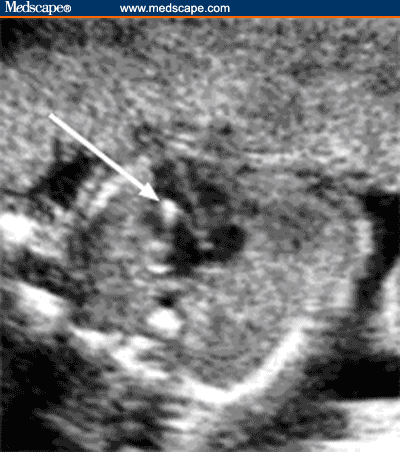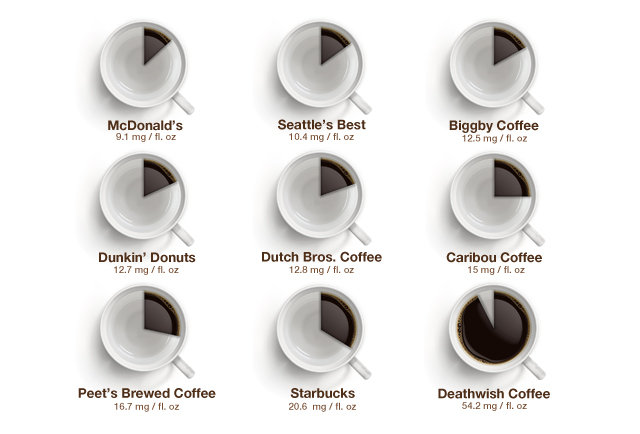TL;DR Miss V was born Saturday, October 11, 2014 at 3:40 AM. She weight 8 lb 6 oz and was 20 inches long. She was born vaginally without complications.
On Thursday, October 9th, at 40 weeks, 2 days pregnant, I had an appointment with my OB. Since I had gone beyond my due date I decided to ask her how she felt about stripping membranes (where the clinician applies gentle pressure to the bag of water to help stimulate uterine contractions). Since the cervix was favorable (2 cm and 80% effaced), she thought it was a good idea, with the condition that if I did go into labor, I didn't tell the OB on call that she did it (apparently, ushering patients into labor when one is not on-call is generally frowned upon). If you're ever considering having this done, there's some scary stuff out there on the interwebs about how painful it is etc. etc. but I did not find this to be the case. Uncomfortable yes, painful no. That part comes later.
Contractions continued to the point where OMP decided to take the day off from work. Unfortunately, they began to slow down. I called my sister-in-law (a labor and delivery nurse), who recommended walking to keep things going. So walk we did. We went on a nice little hike on a nearby nature preserve, stopping every so often so that I could hunch over for a contraction. People totally were not looking at us funny.
Her advice worked, and by 2 PM contractions were regular and getting closer together. Other labor signs happened (I'll spare you), and around 5 PM things were regular and strong enough that I called my OB, and was told to come in.
5 PM on a Friday. In a major metropolitan area. Yeah.
We adored all but two of the staff members at the hospital. One was the records person (I'll talk about her at some point...), and the other was the antepartum nurse. She wasn't awful, per se, but I got the feeling that she didn't believe that I was in labor. She acted like she was doing me a huge favor. She hooked us up to a NST and monitored for a while before she came in to check my cervix. Except when she went to do so, my water broke. Told you I was in labor. V showed her what's up.
Unfortunately, I now found myself with my water broken, awaiting an epidural on the Friday before a Holiday weekend, which means higher than normal amount of patients are in L&D for scheduled C-sections. The antepartum nurse asked me if I wanted an epidural and mentioned that it might be a bit of a wait because anesthesia was really busy at the moment. Oh yeah, and contractions might be a little bit worse now that the water is broken. Understatement of the century.
Cue horrifyingly bad contractions that were basically constant. OMP stayed with me for a while, but eventually had to run out to the car to get the overnight bags. While he was gone, every important person decided to come into the antepartum room and talk to me. So here I am, basically unable to think, blindly handing my birth plan to the OB on call and trying to figure out what my L&D nurse wanted me to do with the piece of mesh she was handing me (spoiler alert, its underwear). Good news! A room had opened up! She said something about a wheelchair but I was already on my feet, backside exposed to the world (those gowns really are horrible...), walking down the corridor mid-contraction, my nurse chasing after me.
All together it was about 2 hours before I could get the epidural. The anesthesiologist was amazing. My nurse was amazing. Epidurals are amazing. After having one, it is beyond me why someone would refuse it, but if you do, I give you all the credit in the world. Labor sucks.
It was smooth-sailing after that. My new nurse came in and said that she was going to let me labor down as much as possible to hopefully minimize pushing time and risk of tearing. Based on my pain, they were a little concerned that the baby might be occiput-posterior (aka sunny side up, aka bad), so they gave me a special pillow to help encourage her to descend the right way. Basically, my nurse was everything my sister-in-law told me to look for, so I was pumped.
A few things happened here that I was not expecting. First off, I had the shakes like crazy. I guess its common with and without epidurals because your body is under so much stress, even though you can't feel the pain. I slept off and on but the shaking kept waking me up. Eventually, I started to feel nauseated. I mentioned this to the nurse, who immediately ran and grabbed an emesis bag. "Oh I don't think I'll need tha-" aaand vomit. Again, stress. Basically your body is being beat to a pulp but you're unable to feel any pain. It's the weirdest sensation.
Also, my left leg went completely numb, despite the nurse coming to turn me frequently. It stayed that way until sometime the next day. I knew I could move it, but it's so hard to do that without being able to feel it. This provided a good deal of comic relief at various points in the labor process.
Finally, the nurse checked me. Baby was in a good position and it was time to start pushing. OMP was somewhat surprised to be handed my leg, but he made for a great coach. I pushed for about 30 minutes and the nurse went to grab the doctor.
The doctor thought she was just coming for a "pushing check," but when she saw me she immediately gowned up. I pushed once with her in the room and was reassured that we were almost done!
Except...baby started showing some signs of stress (heart deceleration's while I was pushing). I pushed again and I saw a concerned look in the doctor's eyes. Likely cord compression, she thought. She knew that she had agreed to try to avoid an episiotomy (Oh yeah! one of the things I had written on my birth plan! I had forgotten about that...) but she was concerned about the baby and really wanted to get her out ASAP. Was I okay with it? Um...yeah, please do what you need to do to make sure she is safe! At that point I didn't care about anything, just that baby came out and was okay.
I didn't even feel the incision, pushed one more time, and BAM, Sweet V came into the world. The cord was only loosely around her neck, so the doctor was able to easily slide it off. We did skin-to-skin and waited for the cord to stop pulsing (hey! there's something from my birth plan) and basically, I died from love.
My folks had been in the waiting room since midnight, and were happily rewarded by being V's first visitors. My sister-in-law (who lives in a different time zone) got to Skype in and listen to me rave about all the great advice she gave.
And then finally, we all got to go to sleep. The next morning would bring more visitors, and eventually, we were able to bring her home.
As mentioned earlier in this blog, V did have a soft marker for chromosomal abnormalities. All of her testing came back perfect. Even her blood type came back to be A- (mine is also A-, so no Rhogam follow-up). In fact, when we did bring her home I had a full-on ugly cry when I realized how healthy and perfect she was and is. Of course we would have loved her regardless of her number of chromosomes, but in the moment I felt so blessed to have a healthy baby.
My recovery has been pretty good. I had a few complications post-partum. I had really heavy bleeding that required pitocin (the only pitocin I received), Cytotec, and some fluids, and they monitored me pretty closely for a while. I also had the episiotomy, which is still in the process of healing. But generally, I can't complain. I continue to feel like I did in the L&D room: I have a healthy baby, so whatever happens to me happens to me.
I am breastfeeding, but that is an entire post in itself! For now I will say that it was more challenging than expected, but we're starting to get to the payoff now.
...now being a full month later! That's right folks. IOU two follow-up posts, one about the challenges of breastfeeding and one all about V! But another time!











%2B1.png)









.JPG)




.PNG)


